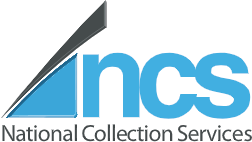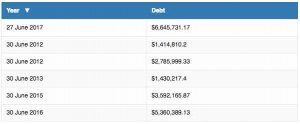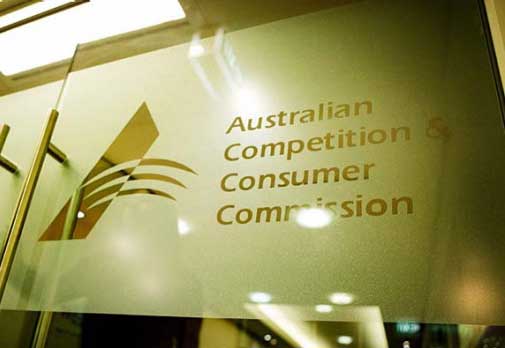ACT Health calls in the debt collectors

Earlier this month The Canberra Times published an article about ACT Health calling in the debt collectors to chase unpaid patient bills mounting to the millions.
Read the full story here or below…
ACT Health calls in the debt collectors as unpaid patient bills mount to millions
Debt collectors will pursue former ACT Health patients for millions of dollars worth of unpaid bills in a bid to crack down on increasing patient debt.
ACT Health has called for tenders for external debt recovery agencies to recover money from patients without a Medicare card or who aren’t Australian citizens, including overseas visitors and students on visas.
The debt collection agency would have to be able to recover money from former patients both within Australia and across the world.
In tender documents, the health directorate said it did not currently have an appropriate way to escalate the recovery of debt.
The Financial Management Act 1996 dictates letters and phone calls can be made at the 30, 60 and 90 day marks.
If the debt is higher than $10,000 it can also be referred onto the Government Solicitors’ Office.
Non-eligible patient debt has blown out from $1.4 million in 2012 to $6.6 million in 2017.
An ACT government spokesman said it was not the first time Health had sent the debt collectors after former patients.
However there were safeguards in place to ensure vulnerable people were not dogged by debt collectors.
Unpaid bills from non-eligible patients
Data sourced from ACT Health
Patients with tuberculosis and HIV can be treated for free regardless of their citizenship or lack of Medicare card.
Victims of family, domestic and sexual violence who present to hospital immediately after an attack won’t be charged either.
Asylum seekers with ACT Services Access Cards can also access free public health care including pathology, diagnostic imaging, pharmaceutical and outpatient services in ACT public hospitals.
All debts will first flow through the internal Debt Recovery process and will then be reviewed and authorised prior to escalation to the external debt recovery agency.
There are grounds for compassionate exemptions, assessed on a case by case basis, the ACT government spokesman said.
Visitors from countries with Reciprocal Health Care agreements with Australia can access free public hospital treatment.
Those countries include New Zealand, Republic of Ireland, Belgium, the Netherlands, Slovenia, Norway, Sweden, Finland, The United Kingdom, Italy and Malta. People from Italy and Malta are only eligible for six months.
Students from Norway, Finland, Malta and the Republic of Ireland are not covered by the agreements.
Health Care Consumers’ Association of the ACT executive director Darlene Cox said $6 million in a $1.6 billion health budget was “not a big proportion in the scheme of things”.
However if the government chose to recoup the debt, she believed it should not be done with a “heavy handed approach”.
“Health care isn’t free, we pay for it through our taxes and if people here aren’t able to contribute way others do, it means bearing cost of their care,” Ms Cox said.
President of the ACT branch of the Australian Medical Association Professor Steve Robson said he hoped the debt collection would be carried out in a “compassionate” way.
“Society is judged by way it treats sick and elderly,” Professor Robson said.
“There’s a difference between wilfully not paying and poor organisation and the poor person who is migrant or refugee who is a victim of the system.
“The last thing you want is a person you can’t speak English have the heavies come around so the government needs to be very wary about how this is done.
“Providing adequate compassion is built into system and we can sort out people who can afford it from people in need then it’s fair enough.”
Clarification: Earlier figures provided by ACT Health did not include pathology.
Reported Katie Burgess, The Canberra Times
Contact Us and Collect Your Debts Faster
By submitting an enquiry online, you agree to our terms and conditions and privacy policy as stated in the footer.



